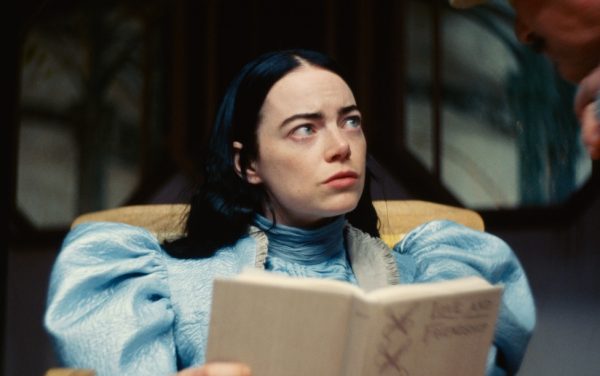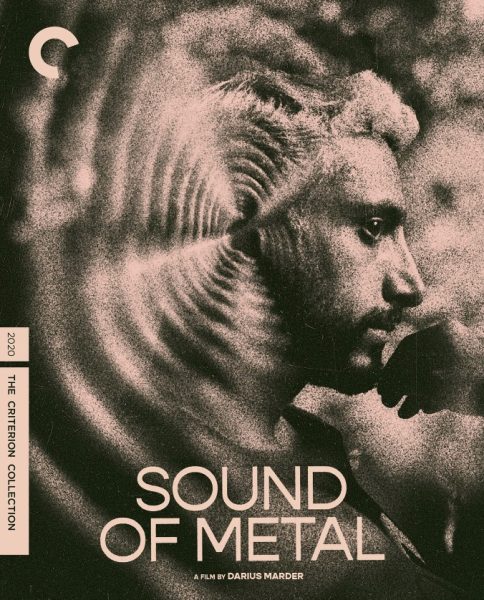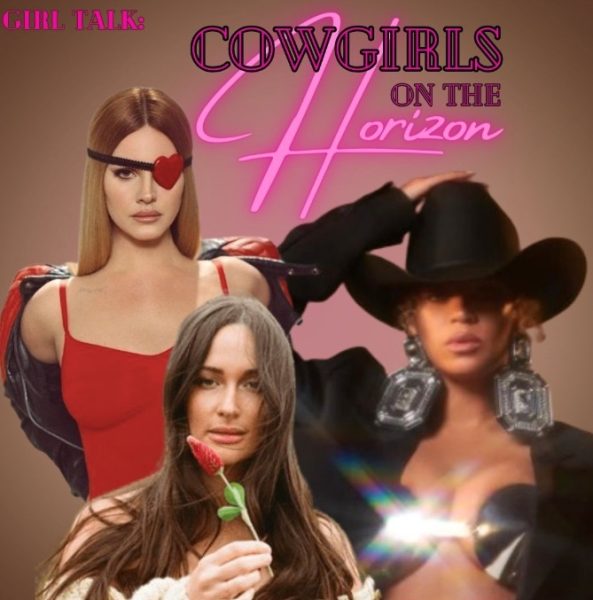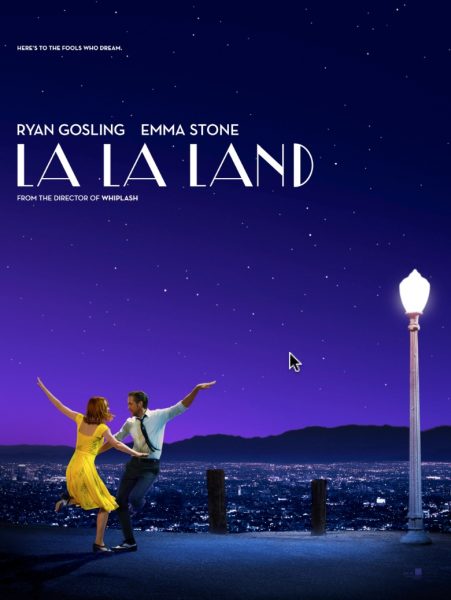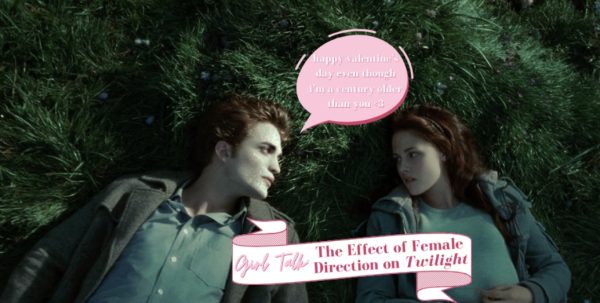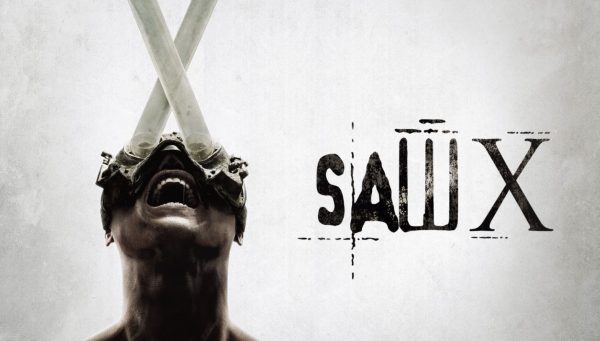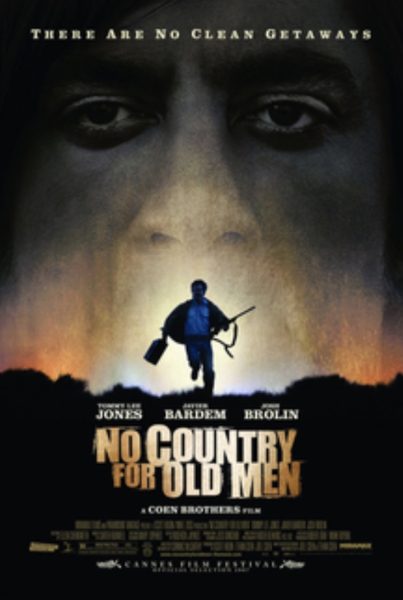Film Review: ‘Darkest Hour’ never surrenders to boredom
February 18, 2018
I’ll get straight to the point. “Darkest Hour” begins in the early days of May 1940. Though Great Britain and France have been at war with Nazi Germany for nearly nine months, there has been little action on the Western Front and the campaign in Norway has gone disastrously for the Allies. Conservative Prime Minister Neville Chamberlin is forced to resign–though he prefers Lord Edward Halifax as his successor, the opposition parties are unwilling to accept Halifax as an acceptable replacement.
Chamberlin reluctantly recommends controversial First Lord of the Admiralty, Winston Churchill (Gary Oldman) to succeed him.
Within hours, the new bombastic, cigar-chomping Prime Minister is faced with a German invasion of France and the Low Countries. A German armored spearhead penetrates the Allied lines, cutting across the French frontier, threatening to encircle the bulk of Franco-British forces.
Churchill rushes across the Channel to reassure his ally that the fight is not lost. His French counterpart is unconvinced and prepares for the worst. The British Expeditionary Force, which encompasses most of the English army, is surrounded at the French coastal ports. The British Bulldog must now decide whether to consider the unthinkable: a negotiated peace with Hitler or to fight on and pray for a miracle to save the boys at Dunkirk.
Oldman’s performance by its lonesome would have made “Darkest Hour” entertaining. It’s no wonder why he’s considered in some circles as the frontrunner for the Academy Award for Best Actor. Very few could truly bring this 20th-century giant to life. The mannerisms, oratory, and feisty spirit that cemented Churchill’s place in history are all utilized in this production.
Judging “Darkest Hour” outside the realm of Oldman’s performance, however, and it gets high marks compared to other recent biographical films. Many in this genre fail to escape beyond the protagonist’s lens of the situation. In “Darkest Hour” we get a better look into the nuances of these dark days.
And it’s always exciting.
Despite rarely escaping the bonds of an underground war room or other office spaces, “Darkest Hour” always has something up it’s sleeve. I will say though that the film does not escape the clichés altogether. Of course, there’s the scene was the distraught protagonist gets a pep talk, and delivers a final stirring speech. Nonetheless, “Darkest Hour” does it so well that it won’t jar any viewers.
Although I doubt this film will be a Best Picture winner on Mar. 4, I can say that’s firmly in the top half of that category, from what I’ve seen thus far. Later this month, I’ll be doing a ranking of the Best Picture Showcase, and will make some predictions (that will inevitably be proven wrong), so stay tuned.
Interested in joining the Sentinel staff? Reach out to our Editor-in-Chief, Ryan Crawford, at [email protected] to see how you can get involved.


